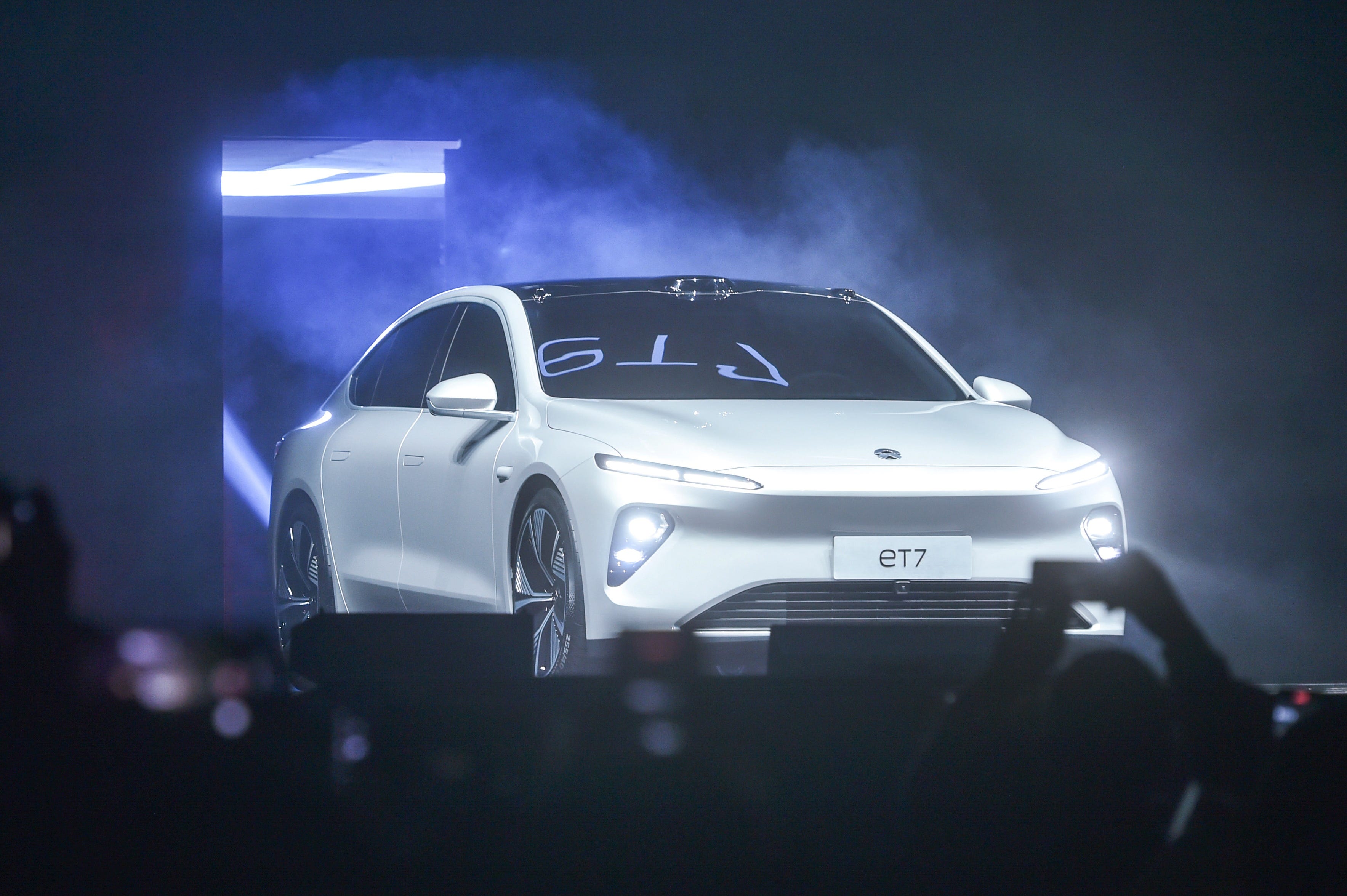China Holds the Commanding Heights in Advanced Batteries
Step aside, Tesla and QuantumScape

For a good part of last year, lithium-ion batteries attracted perhaps more fanatical attention than at any time since their invention four decades ago. From Wall Street to Omaha, people parsed the latest battery advances by Tesla, a Silicon Valley startup called QuantumScape, and legacy players like GM. Some of the hottest IPOs were startup electric vehicle companies, which sold billions of dollars in equity.
Widely overlooked, though, is that these companies — while first-rate competitors in the high-stakes electrification race — are not in fact the cutting edge in commercial advanced batteries. For two years or so, mostly under the radar, Chinese companies have stolen the West's thunder when it comes to the super-battery. If you are looking for the first mover or the latest twist in chemistry, don't think Tesla or QuantumScape, but CATL, based in China.
China's capture of the lead in battery technology is a crucial feat. EVs and batteries are among the most important aspects of a tension-filled, U.S.–China contest for supremacy in the technologies of the future, which also include artificial intelligence, robotics, quantum computing, and biotechnology. By the end of the decade, it is estimated that a third or more of all new vehicles sold will be EVs, up from about 3% now, adding up to trillions of dollars in sales. That gives the EV and battery race geopolitical stature.
Right now, you are watching only the first lap, and regardless of China's battery prowess, Tesla — very much an American company — sells by far the most EVs and enjoys the most recognition for its batteries. VW is important, too. But two Chinese automakers — BYD and NIO — are the fourth and fifth most valuable EV-makers on the planet, behind Tesla, Toyota, and VW. It is a genuine contest.
One example of the Chinese technological lead is a frontier battery chemistry called NMC 811. The name refers to a positive electrode made with eight parts of nickel, one part manganese, and one part cobalt. For the last year, NMC 811 has been all the rage, a huge achievement in that it makes relatively cheap nickel the dominant metal in the cathode and reduces cobalt — expensive and mined in the Democratic Republic of Congo, where workers often toil in inhumane conditions. NMC 811 allows automakers to reduce the price of their EVs, and to supply much greater range, exceeding 300 miles on a charge. GM will use NMC 811 in its electric Hummer and Cadillac Lyriq, both to be released later this year.
But CATL and other Chinese battery companies have been producing NMC 811 commercially for at least two, possibly three years — since long before Western automakers began using the chemistry. The driver has been Beijing's pressure on its homegrown companies to make EVs 20% of the country's new cars by 2025. Lithium-ion batteries can be dangerous, causing fires and explosions in the wrong conditions. That makes Western companies ultra-cautious since a single catastrophic accident could severely damage the entire industry. But, pushed by their government, China's carmakers "have higher risk acceptance," said James Frith, head of energy storage at BloombergNEF, a clean energy research firm. It doesn't mean the Chinese are reckless. But they are prepared to put their newly invented batteries into commercial vehicles much sooner and faster. "Outside China, companies are slightly more risk-averse," Frith told me.
Last Saturday, NIO hosted an event in Chengdu to announce its latest vehicles. There was much anticipation because, in November, NIO unveiled an NMC 811 battery that achieved 304 watt-hours per kilogram. The best performing EV battery in the West is Tesla's NCA-90, which uses nine parts of nickel and just a half part of cobalt and a half of aluminum. It achieves between 270 and 290 watt-hours a kilogram, according to Frith. In other words, the new NIO battery made by CATL beat Tesla, which delivers the best performance among the Western automakers.
Western EV and battery analysts compare NIO with Tesla in terms of style and potential. NIO's shares rose 12-fold last year, in addition to 16.8% so far this year, including 6% yesterday alone.
In its core announcement on Saturday, NIO said it will launch a new luxury sedan called the ET7, whose battery will deliver 360 watt-hours per kilogram and go 625 miles on a charge. The best current Western performance may be the Lucid Air, which gets a reported 517 miles on a charge. Neither vehicle is actually in service, so at this point, this is all talk.
And it's not clear how NIO's battery would achieve such metrics, or who is making it for the Chinese company, which has refused to disclose. There is reason for skepticism.
Frith said it would be hard but is possible. China has the edge in batteries, he said, "and they are keen to maintain it."




No comments:
Post a Comment